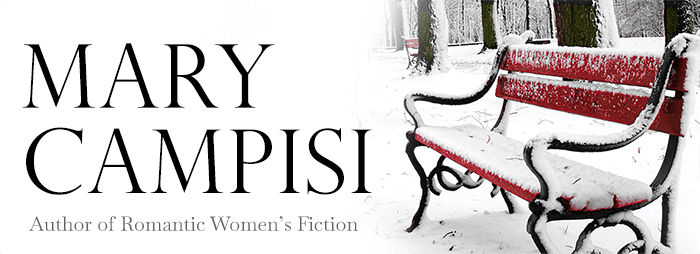For years, when someone asked me what I wrote, I fidgeted, cleared my throat, and forced out the words, “I write romance and women’s fiction.” You can imagine the comments, the raised eyebrows, the little smirks that made me want to say, “No, wait! I write stories like Joyce Carol Oates…and Margaret Atwood.” That certainly would have squelched the look. Problem was, that’s not what I wrote. More importantly, that’s not what I wanted to write. If you are going to write a book, you had better darn well want to hang around with those people and their problems for hundreds of pages.
So, why did I fidget and want to hide my true passion? That silly need for acceptance, I’m sure. Everyone wants to be thought of as brilliant and cutting edge. While I do enjoy reading Joyce and Margaret, I don’t want to actually have to write what they do. That’s quite a lot of pretending to be someone I’m not.
You see where this is going, don’t you? I would love heartfelt praise and page after page of great reviews, but I’ve got to write what’s in my heart—what I’m most passionate about. For too long, I worried about what the outside world said—editors, agents, the writing world—and I didn’t listen to myself. Then after one particularly stressful day of aimless wandering, I said, “Enough!” It came shortly after taking Barbara Samuel’s writing class where she told me I might be doing myself a disservice by looking too much at the outside world for both validation and direction. By tapping into my passions, (gardens, food, dogs), I would find the most success. Such a wise woman! I began to really think about what I wanted to write and oddly or maybe not, the book that emerged was A FAMILY AFFAIR.
I write romance and women’s fiction about second chances and that one true love, seeped in near insurmountable circumstances. And there’s almost always a morally ambiguous situation. I’ll clarify that:
In A Family Affair, the mistress is more likeable than the real mother. (Real families aren’t always the ones you know about…)
In The Way They Were, the heroine married one man but never stopped loving another as evidenced in the once a year letter she writes him, (which she’ll never send.) (Tragedy tore them apart, now destiny may bring them back together.)
In Pieces of You, a mother’s disappearance isn’t really a disappearance at all but a planned abandonment that leaves a son scarred for future relationships. (Sometimes hiding in the shadows is the only way to protect your heart.)
In Pulling Home, the heroine loves one brother but marries another. (She’ll risk anything to save her child…even the truth.)
There are fifteen or so more books, but you get the point. Now I write what I want and I gone are the days of pretending to be somone I’m not.
Have a great week!
Mary









